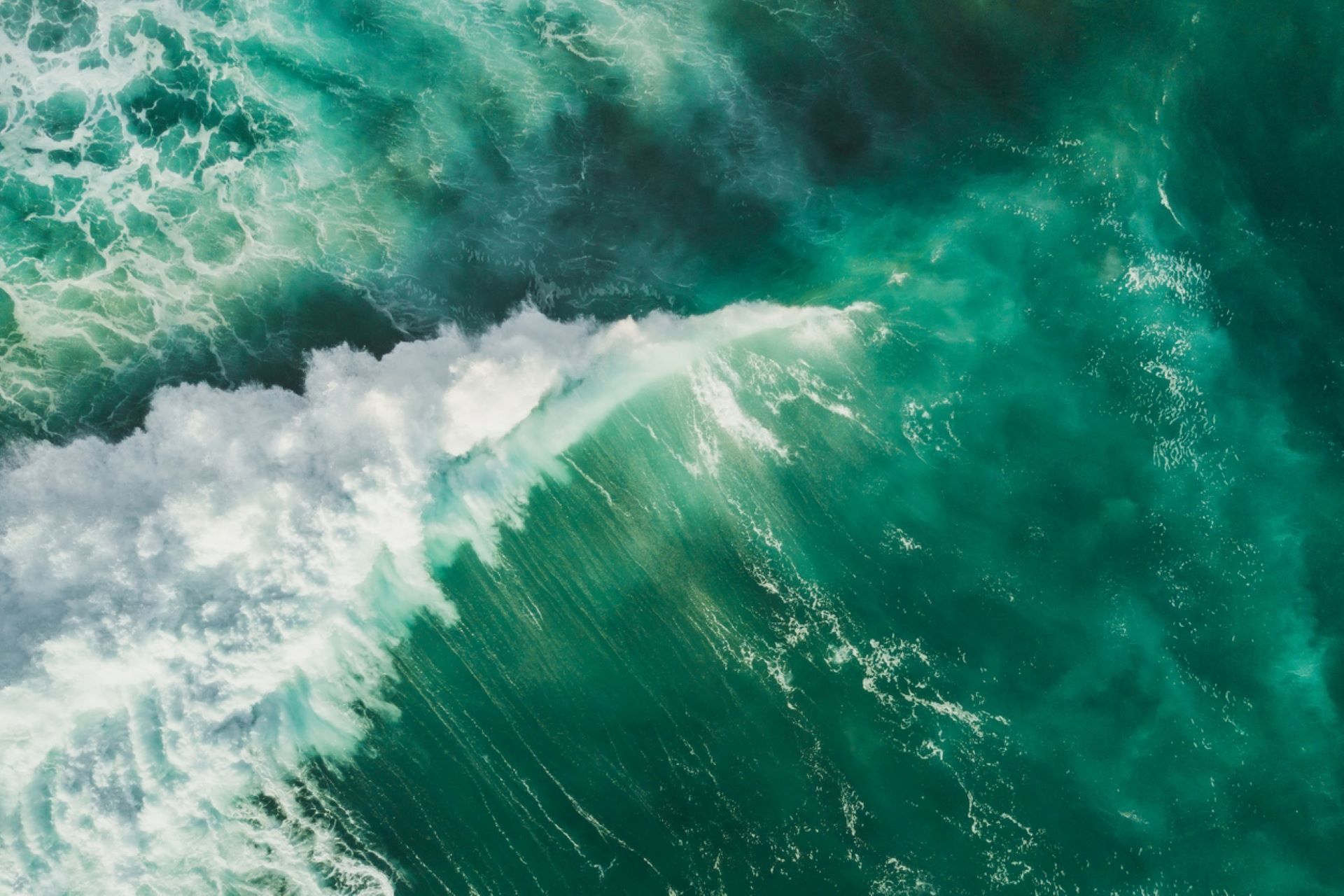Human-driven pollution has had a major impact on ecosystems across the globe, causing extreme weather events and rising temperatures. A 2023 study found yet another previously unforeseen effect of that pollution: the color of the oceans is changing.
Why are the oceans changing color?
The study, titled "Global climate-change trends detected in indicators of ocean ecology" published in Nature, found that the changes to phytoplankton are largely responsible for the oceans' shifting colors.
Phytoplankton are microscopic marine algae that are typically green (or greenish) in color because they contain chlorophyll, the compound that allows plants to convert sunlight into food.
The abundance — or lack — of phytoplankton has a noticeable impact on the color of the ocean. In areas with a lot of phytoplankton, the water appears greener, whereas in areas with less phytoplankton, it is more blue.
By analyzing more than 30 years of continuous data from NASA satellites, the authors of the study were able to detect rapid changes in phytoplankton populations. In some areas, rising temperatures have disrupted ocean currents, leading to the plankton not having enough nutrients to survive. In other places, too much phytoplankton is blooming, stifling other forms of life.
As is often the case with human-caused climate alterations, the effects are not limited to just one result — rather, weather in every ecosystem becomes more extreme, leading to a wide array of problems.
Why is this concerning?
"These ecosystems have taken millions of years to evolve together and be in balance," said Massachusetts Institute of Technology researcher Stephanie Dutkiewicz, one of the study's co-authors. "Changes in such a short amount of time are not good because they put the whole ecosystem out of balance."
Even more concerning is that Dutkiewicz and her fellow scientists have predicted this trend for years and still have been powerless to stop it, as governments continue to prioritize the interests of the dirty energy industries — one of the forces most responsible for changing climates — over the interests of human beings and the planet.
"It's almost like we keep pressing the snooze button on an alarm that's telling us we have to act now," Dutkiewicz said.
What is being done about it?
Dirty energy may be on the way out, as individuals and governments are turning toward cleaner, more renewable energy sources such as wind and solar. The only question is whether it is happening quickly enough to make the type of difference that can reverse these types of worrying trends that have now been piling up for decades.
Join our free newsletter for cool news and cool tips that make it easy to help yourself while helping the planet.









